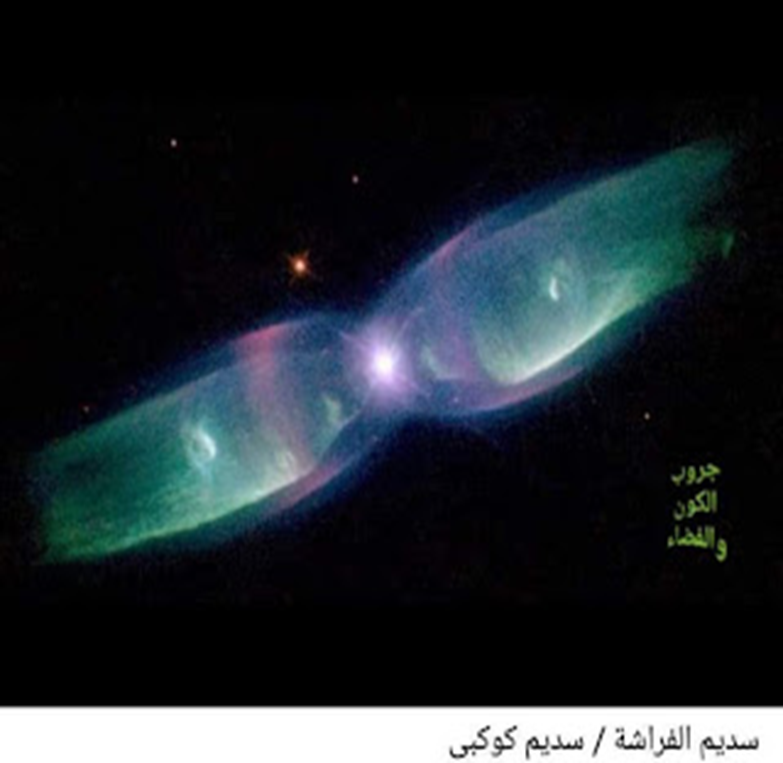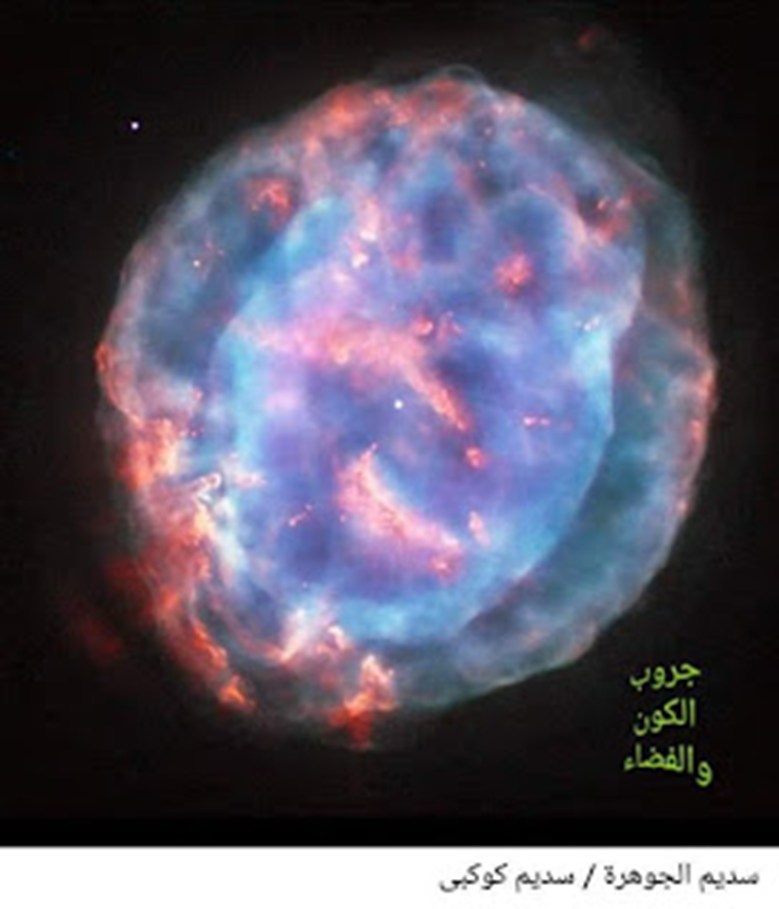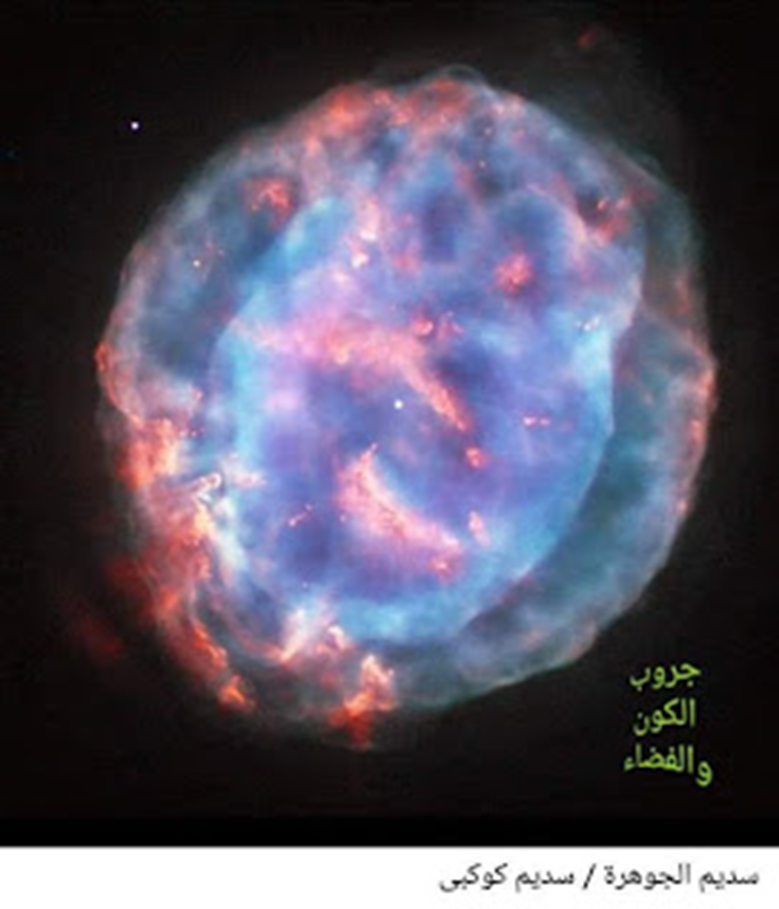? What is a nebula and how is it formed
Everything you need to know about the space nebula
Looking at the nebula is really amazing and very interesting
We can only be amazed and admired by him,
And your tongue utters automatically, Glory be to you, my Lord, what is the greatest of your creation
Types of cosmic nebulae
There are several types of nebulae, including:
dark nebulae
Reflecting nebulae
Emission nebulae
Wolf-Rit Bubbles
The origin of the word “nebula”
To the Latin word, which means 'cloud', the nebula is not just an enormous cloud of dust, hydrogen gas, helium and plasma, but is also often considered a nursery for stars, that is, the place from which stars are born, and over the centuries, distant galaxies have been mistakenly confused with these huge clouds.
Follow
Types of nebulae and their classification:
1- Dark nebulae:
They are nebulae composed of dust and cosmic gas, which prevent light from passing through them because of their extreme density and thus obscure everything behind them. They are dark because there is nothing near them that reflects their light, and they do not produce light like emission nebulae. It can not be seen visually except by the contrast occurring on its edges that reflect some of the light of nearby stars. The darkness of the nebula cloud stems from the relatively high density of gas and cosmic dust in it, and it thus forms a field that can arise in new stars under the action of gravity.
2- Emission nebulae
(or radiation nebulae): they are nebulae that generate their own light in contrast to the reflecting nebulae that reflect the light of the stars surrounding the nebula, or dark nebulae that do not even reflect light (because there are no nearby stars to reflect their light). There are several types of them: planetary nebulae, hydrogen regions, supernova remnants, and Wolf-Rayet bubbles.
3- Reflecting nebulae:
They are nebulae similar to dark nebulae in nature, but they shine as a result of the reflected light from the surrounding stars, as the luminous stars close to the nebulae reflect light in the area where the dust is present in a large amount, and since dust particles containing a high percentage of carbon reflect the light Blue is more efficient than red light, so the reflective nebula appears blue.
Source: websites












